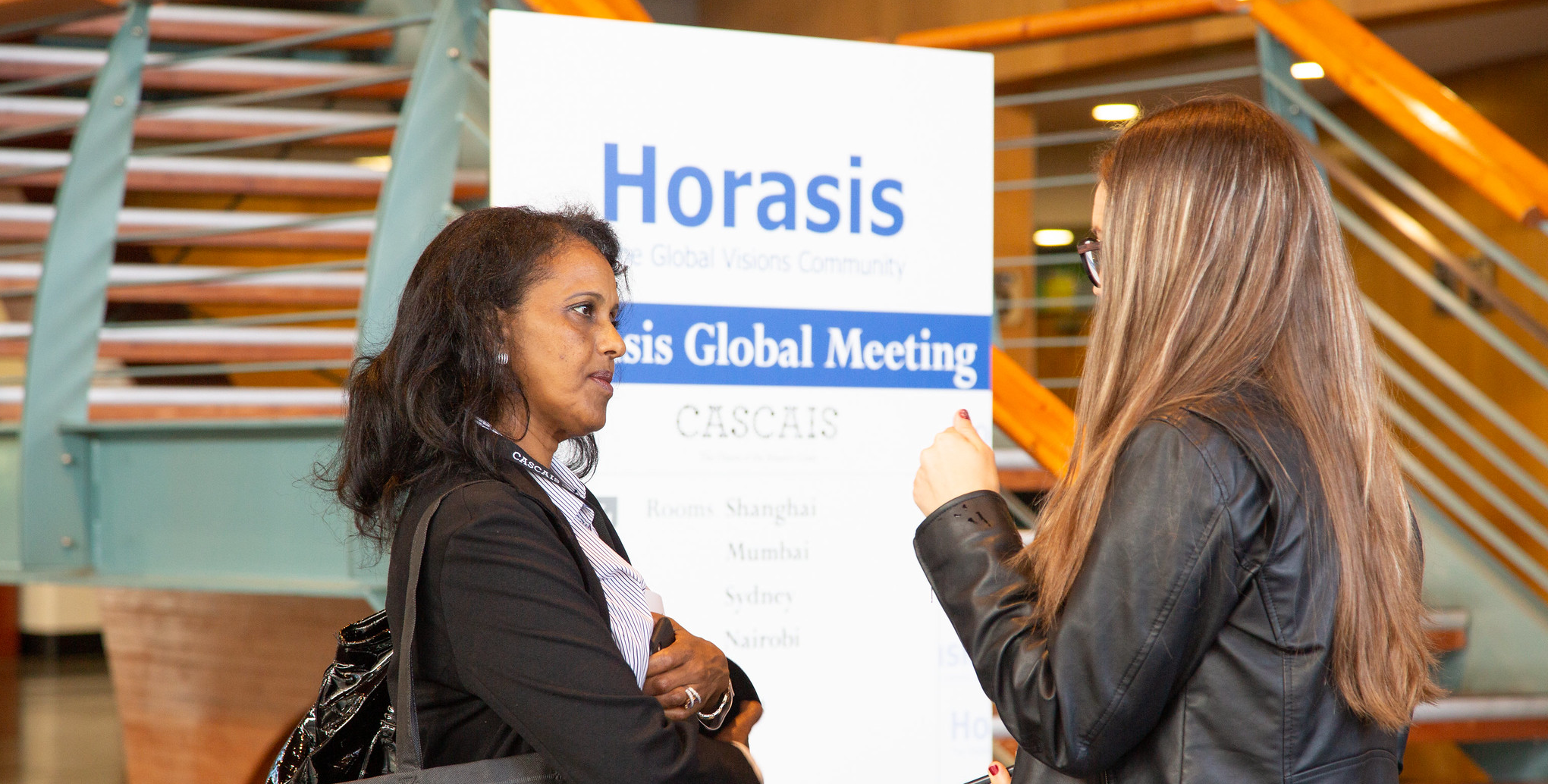Global Potential for Borderless Challenges: Rethinking Human Capital Allocation
“The illiterate of the 21st century will not be those who cannot read and write, but those who cannot learn, unlearn, and relearn.” – Alvin Toffler
Much has been said about the spectacular recovery of Japan and Germany after World War II. While many point to the Marshall Plan as a key driver of this resurgence, injecting billions of dollars of American capital into the reconstruction of Western Europe and Japan, the real differentiator was the vast human capital in these nations—highly skilled and backed by strong institutions.
In contrast, countries like the Democratic Republic of the Congo (formerly Zaire) and the Gaza Strip have received large sums of international aid over the past few decades but have failed to turn it into development. The lack of skilled human capital, corruption, and political instability prevented these resources from resulting in sustainable social progress.
Reflecting on the allocation of human capital to address major global challenges—such as climate change, poverty eradication, and technological advancement—it becomes evident that mere financial investment is not enough. Every day, individuals and institutions meet in markets to allocate or reallocate capital, seeking to mitigate risk and maximize returns. However, the primary resource that sustains all wealth creation and consumption—human capital—is never allocated ideally, especially at a global level; and for some reason, we rarely discuss this.
Ten thousand years ago, humans lived on the same Earth we know today, with the same natural resources—agricultural, mineral, land, water, and more. Yet, our lives were short and marked by misery and suffering, not because of a lack of resources, but because we lacked the human capital necessary to transform those resources into machines, computers, medicines, and all the innovations that scientific progress has since provided.
Companies like Fiverr, which connects freelancers, and AlphaSights, which offers knowledge on demand, are opening new avenues for the global allocation of talent. Skilled professionals in developing countries like India, Pakistan, and Egypt can offer their services at prices much higher than what they would receive in their local markets, where demand may be limited. For employers, this means access to high-quality services at a cost often lower than that charged by local providers.
Despite all the technological advancements, the recruitment and hiring process remains, in many aspects, archaic. In today’s hyperconnected world, an unemployed candidate still needs to fill out dozens, hundreds, or even thousands of the same forms, providing the same information to apply for a job.
One of the key liberal criticisms of communism during the Soviet Union era was that centralizing economic decisions led to poverty because a centralized system could not determine, for example, the ideal price for thousands of products it knew little to nothing about. Information is in people’s heads, distributed across the population, and so centralized allocation was inherently suboptimal compared to the power of decentralized decision-making. However, centralizing decision-making is not the same as centralizing information, such as in an exchange.
The first commodity exchange emerged in Bruges, Belgium, in the 15th century, bringing more organization and transparency to the trade of goods like grains and wool. This allowed the market to become more efficient. By the 17th century, the Amsterdam Stock Exchange, considered the first modern stock exchange, began trading shares of companies like the Dutch East India Company, helping to finance large commercial ventures and expand global trade. These innovations laid the foundations for modern financial markets, promoting economic growth and the efficient allocation of resources.
Now, imagine applying the concept of commodity and stock exchanges to human capital. A student could consult the futures market to understand the projected demand for the field they want to study and even take out insurance to protect against potential drops in demand that could affect their career prospects. It would be possible to identify in real-time which skills are in high demand or in excess, allowing for an efficient reallocation of professionals to meet unmet demand. The best talents, regardless of their geographical location, could receive competitive salaries, simultaneously contributing to the economic development of their regions.
Today, there are trillions of dollars waiting to be invested by various funds. Part of the challenge is finding good opportunities; the other part is finding excellent people to execute them.
I am not naive about the enormous challenges of implementing this idea. Concerns include privacy issues and possible adverse reactions from governments. However, when humanity’s survival is at stake, it is essential to use the best resources available for the most critical projects, and for that, we need a Human Capital Exchange. The good news is that technology is already on our side: whether through AI, blockchain, immersive reality, connectivity, or encryption, we have the tools needed to face these challenges.
In a world of optimized human capital allocation, global productivity would reach unprecedented levels, with individuals working in areas that maximize their potential and passions. Such a system would encourage continuous skill development, as each person would know what to improve and how much, making themselves more valuable in the global labor market. Optimized allocation would not only increase economic efficiency but also promote accelerated innovation and social mobility. Sectors such as education, healthcare, technology, and sustainability would be driven by highly qualified and engaged experts.
For skeptics, remember humanity’s extraordinary achievements: from the Industrial Revolution, which transformed global economies, to space exploration and landing on the moon, to sequencing the human genome and creating vaccines for COVID-19 in record time. When we allocate resources efficiently and collaboratively, we achieve previously unimaginable feats. Now, imagine what we could accomplish with optimized global human capital allocation.
I look forward to discussing this and many other ideas with you at the Horasis Global Meeting. The event, hosted for the first time in South America, will take place from October 25 to 26 in Vitória, Brazil, bringing together global leaders to discuss the current challenges facing societies and how we can build bridges to the future.
By Daniel R. Schnaider, Co-Founder & CEO of Wisefy AI Powered Supply-Chain



